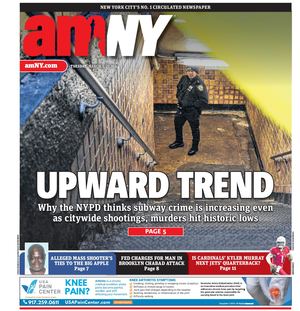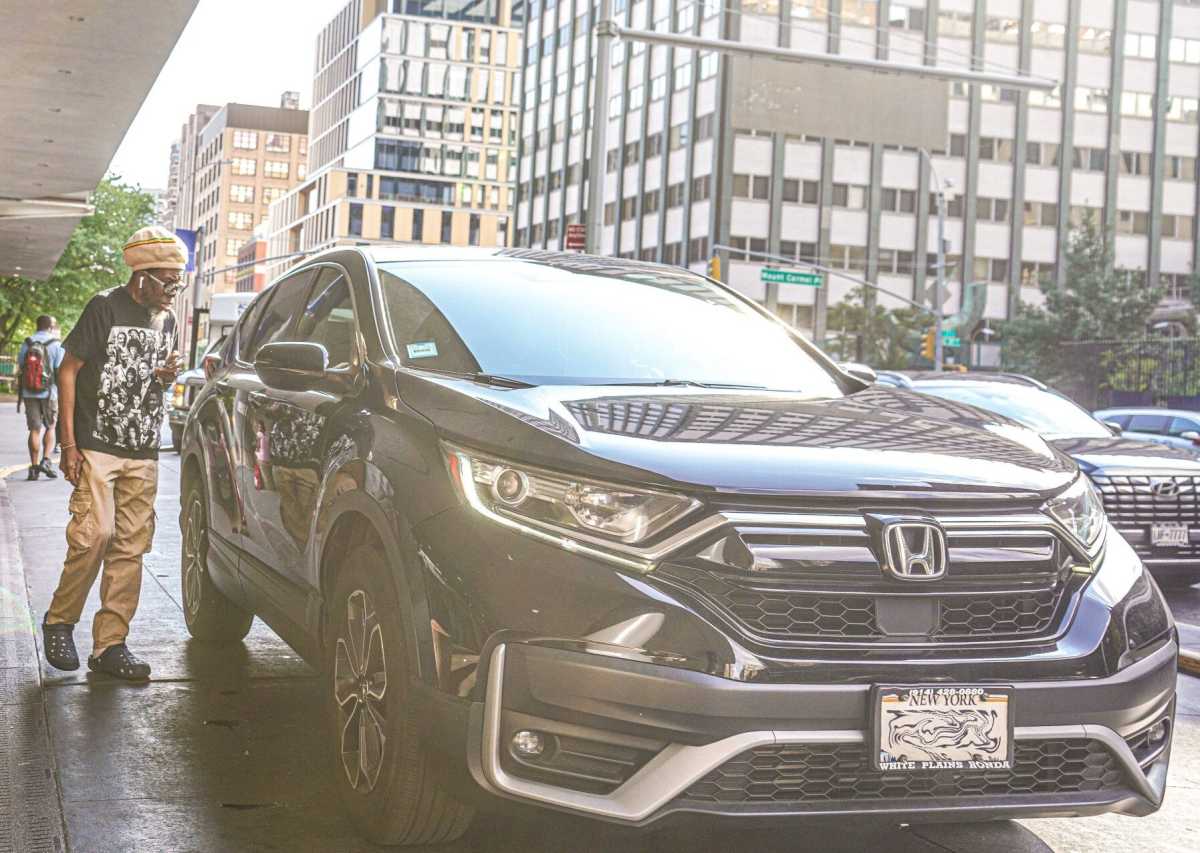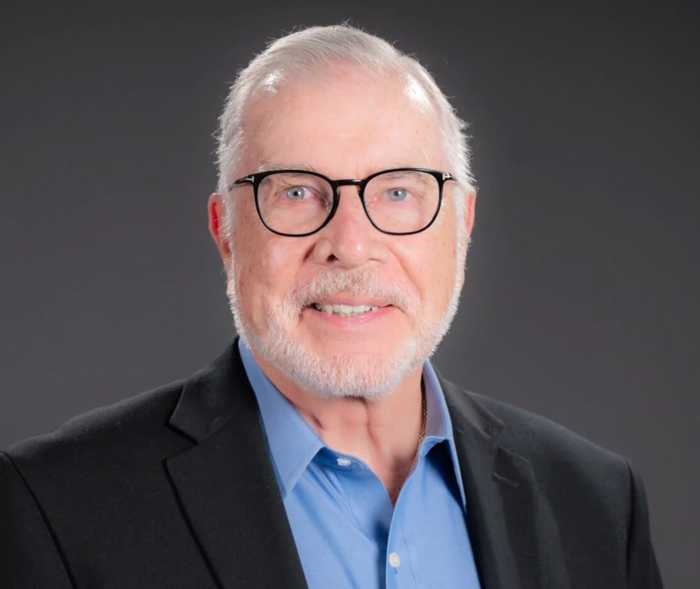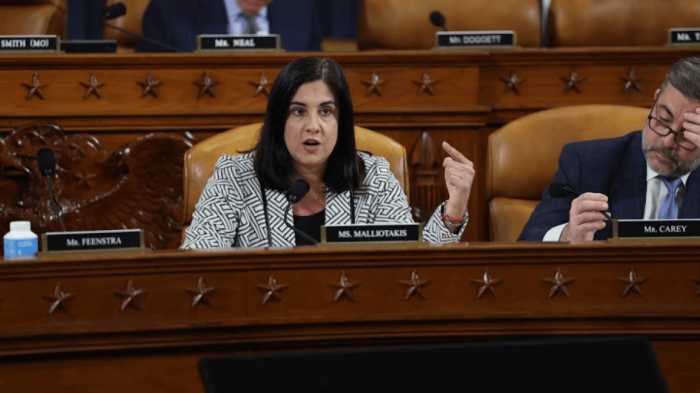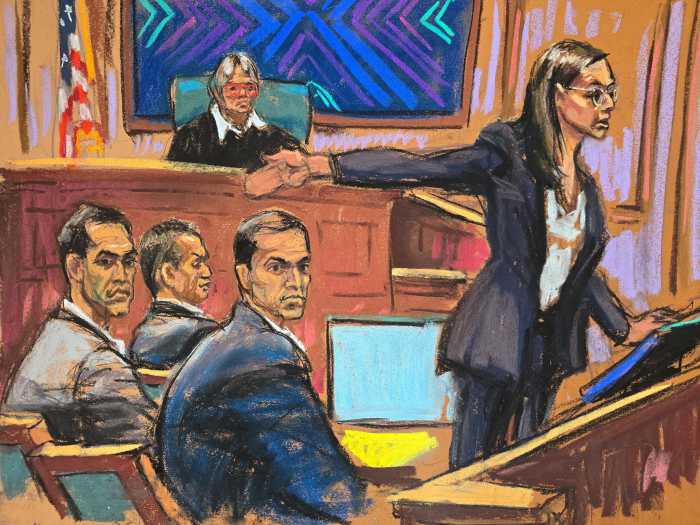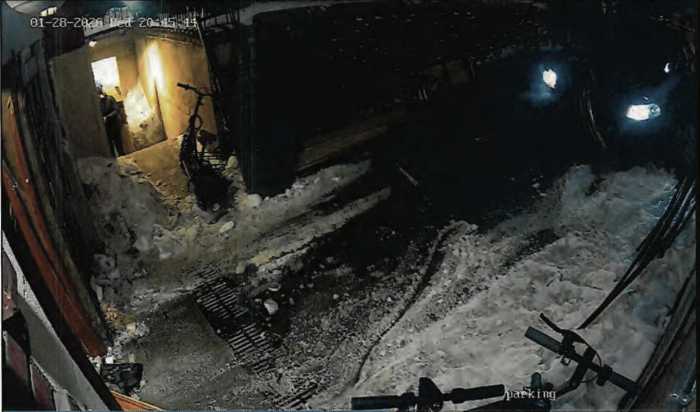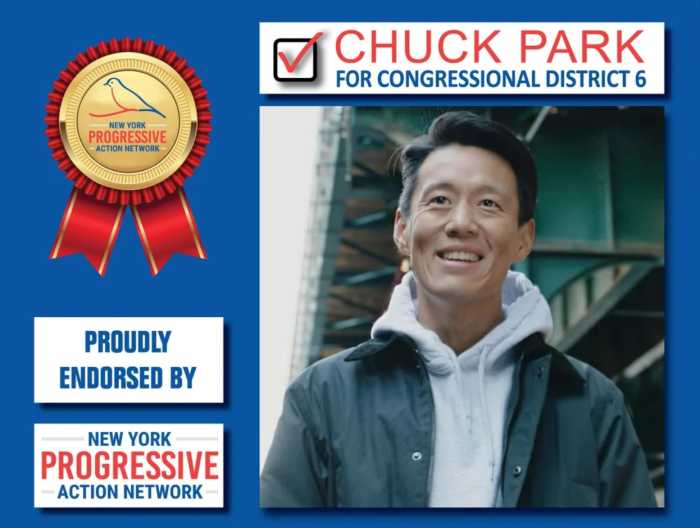President Trump’s “One Big Beautiful Bill Act” (OBBBA), signed into law on July 4, 2025, includes a sweeping new tax break that hits close to home for anyone who rides in a taxi, limo, or rideshare services. At the heart of the law is a new federal tax break on tips and overtime pay. This change will reshape how drivers earn, and how passengers support them.
The U.S. Treasury Department and the Internal Revenue Service (IRS) have released proposed rules clarifying how the “no tax on tips” provision will function, spelling out nearly 70 occupations that customarily and regularly receive tips, including many drivers in the for-hire transportation industry.
From 2025 through 2028, drivers in certain tipped occupations—including taxi, rideshare, limousine, shuttle, and tour bus drivers—can deduct up to $25,000 per year in qualified tips from their taxable income. That means more money stays in drivers’ pockets instead of going to the IRS. Tour guides and travel directors also appear on the list. Absent, however, are public transit bus drivers, intercity bus operators, and school bus drivers. This reflects both industry practice and legal limits, since those occupations rarely receive gratuities and are often prohibited from accepting them.
The OBBBA also makes overtime pay less painful at tax time. Drivers can deduct the extra “half” portion of their overtime premium (the “time-and-a-half” rate required by the Fair Labor Standards Act) up to $12,500 per year, or $25,000 for joint filers. For drivers putting in long hours behind the wheel, that translates directly into more disposable income.
For passengers, it means their tips for these drivers go further than ever. While fares themselves are not affected by the law, passengers can feel confident that every dollar paid voluntarily to a driver now flows more directly into that driver’s pocket instead of being reduced by federal taxes.
There are limits. Only properly-reported, voluntary tips qualify for the new tax break, which means cash and credit card gratuities count, but automatic service charges do not. Starting in 2025, employers will be required to list tips separately on workers’ W-2 forms and assign each employee a “Tipped Occupation Code” to confirm their eligibility, while independent contractors may be required to self-report.
The deduction is capped at $25,000 per year and phases out for higher-income earners—individuals making more than $150,000 and couples earning more than $300,000—ensuring the benefit is targeted to the drivers and service workers who rely most on tips for their livelihood. For self-employed individuals, the tip deduction cannot exceed the net income earned from the business where the tips were received.
For companies that employ drivers, the immediate priority is compliance: updating payroll systems to properly track and report tips and overtime beginning with 2025 returns. Companies that impose automatic gratuities may also want to reconsider their policies, as those payments will not qualify for the deduction.
While both drivers and companies should seek guidance from qualified tax and legal professionals to stay compliant and make the most of the opportunities created by OBBBA, drivers may finally see real relief on the income they earn through tips and long hours, and passengers can feel good knowing their gratuities matter more than ever to the drivers.
For now, the message to drivers is clear: report your tips and claim your deduction. For passengers, please do not adjust your tips downward, as drivers rely on this extra income, and the hope is that they will provide even better service.
Matthew W. Daus is the former NYC Taxi & Limousine Commissioner, chair of the transportation law practice at Windels Marx and chair of the New York City Bar’s transportation committee.
